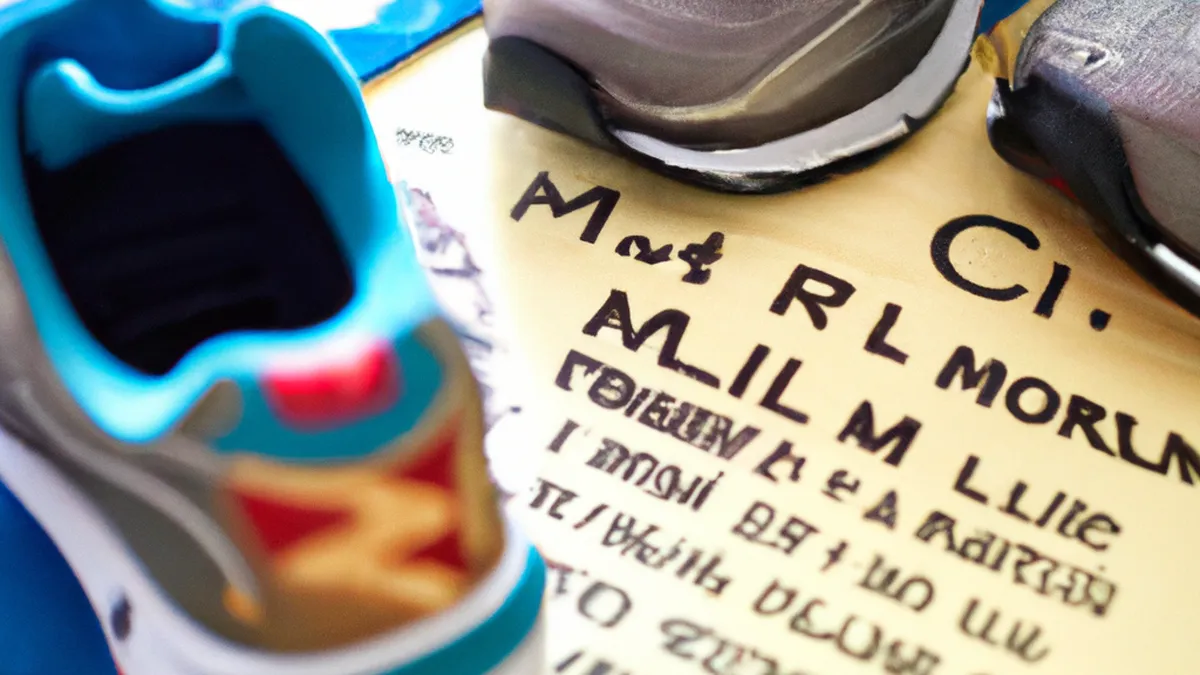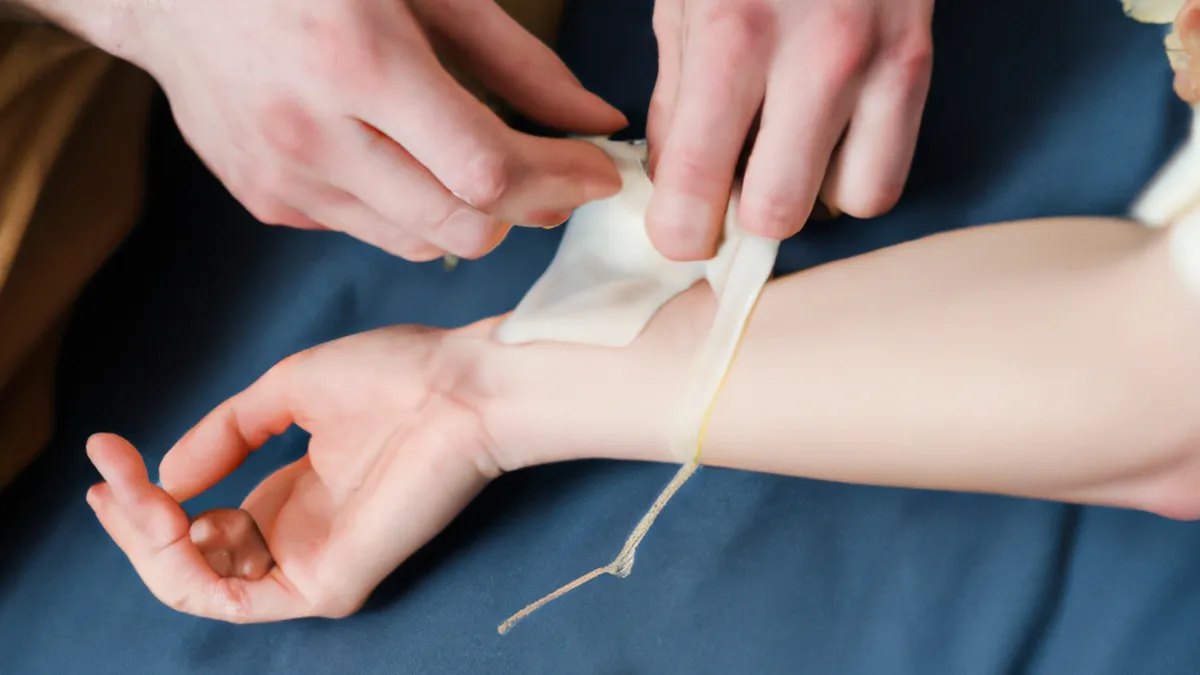Postpartum Running: A Safe Return Guide
Recovery Considerations PostpartumBringing new life into the world is beautiful. However, it presents challenges. The postpartum period is crucial for recovery. New mothers must focus on healing. Understanding recovery considerations can significantly help.
Understanding Physical Changes
After childbirth, your body changes. You may feel discomfort, fatigue, and hormonal shifts. These changes can impact your mood and energy. Acknowledge these feelings. Recovery involves both physical healing and emotional well-being.
Healing After Delivery
Your body needs time to heal after childbirth. Vaginal tears or cesarean incisions require care. Use ice packs or sitz baths for discomfort. If you had a cesarean, avoid heavy lifting. Move gently as you recover. Listen to your body and rest when necessary.
Managing Hormonal Fluctuations
Hormonal changes can cause mood swings. Estrogen and progesterone levels drop after delivery. This drop may lead to emotional or anxious feelings. These feelings are normal. If they persist, seek support from a healthcare professional. Connecting with other mothers can help you feel supported.
Prioritizing Mental Health
As an Amazon Associate I earn from qualifying purchases.
Gear tip: consider electrolyte mix, soft flask, and blister pads to support this topic.
Taking care of your mental health is essential. The postpartum period can feel isolating. Engage with friends or family to lift your spirits. Consider joining a support group for new mothers. Sharing experiences can provide comfort.
Recognizing Signs of Postpartum Depression
Postpartum depression (PPD) affects many women. Recognize the signs early. Symptoms include persistent sadness or anxiety. If you notice these signs, reach out for help. A mental health professional can offer guidance. Remember, you are not alone.
Finding Balance
Balancing motherhood with self-care is vital. Make time for yourself each day. Small activities like reading or walking can rejuvenate you. Prioritize sleep whenever possible. A well-rested mother can care better for her newborn.
Nutrition and Hydration
Your body needs proper nutrition after childbirth. Eating a balanced diet promotes healing and energy. Include fruits, vegetables, whole grains, and proteins in your meals. Hydration is equally important. Drink plenty of water, especially if breastfeeding. Staying hydrated boosts your energy.
Incorporating Exercise
Once your healthcare provider clears you, consider light exercise. Walking eases you back into activity. It can elevate your mood and energy levels. Gradually increase activity as you feel comfortable. Listen to your body and avoid pushing too hard.
Seeking Help with Household Tasks
As a new mother, asking for help is okay. Household chores can overwhelm you during recovery. Delegate tasks to family or friends. Consider hiring help if your budget allows. Focus on rest and recovery, not a perfect home.
Benefits of a Supportive Network
A supportive network is invaluable during this time. Friends and family provide emotional and practical support. They can assist with meals, childcare, or simply listen. Sharing experiences can lighten your emotional load.
Building Connections
Connecting with other mothers can be beneficial. Local parenting groups or online forums create community. Share tips, ask questions, and offer support. These connections reduce feelings of isolation and help you feel understood.
Fostering Open Communication
Communicate openly with your partner about your feelings. Sharing experiences strengthens your bond. Discussing challenges leads to mutual support. Teamwork is crucial in navigating parenthood together.
Conclusion
Postpartum recovery requires focus and care. Understanding physical and emotional changes helps you navigate this period. Prioritize mental health and seek support as needed. Eat well, stay hydrated, and incorporate gentle exercise to promote healing. Remember, you’re not alone; many women share this experience. Embrace the support of friends, family, and fellow mothers. Your well-being matters for both you and your baby. With time, patience, and care, you will find your rhythm as a new mother.
Below are related products based on this post:
FAQ
What should I expect physically after childbirth?
After childbirth, your body undergoes significant changes, including discomfort, fatigue, and hormonal shifts. It is important to acknowledge these feelings as part of the recovery process. Healing involves both physical recovery and emotional well-being, so giving yourself time to heal is essential.
How can I manage emotional changes postpartum?
Hormonal fluctuations after delivery can lead to mood swings and feelings of anxiety, which are normal. Connecting with other mothers and seeking support from healthcare professionals can help manage these emotional changes. If feelings persist, it is important to reach out for help.
What role does nutrition play in postpartum recovery?
Proper nutrition is vital for recovery after childbirth, as it promotes healing and provides energy. A balanced diet that includes fruits, vegetables, whole grains, and proteins is recommended. Staying hydrated is also crucial, especially for breastfeeding mothers, as it boosts energy levels.















Post Comment